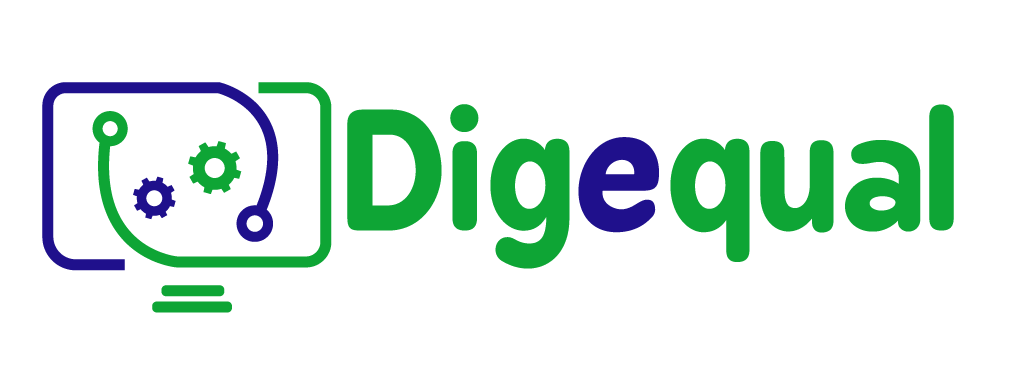How can e-government impact your everyday life?
e-government impacts the everyday life of citizens, facilitating certain processes. The widespread use of the internet and the trend toward digitisation have prompted governments worldwide to offer their services online. Indeed, you may now use government services online without having to wait in a large line or show up in person. You only need a smartphone with a good internet connection. To give a daily life example, in the case of a move, e-government services can facilitate registering the new address with the government, informing the post office or requesting proof of residence.
Adopting and implementing an e-government plan can help the government deliver better and more efficient services and information to all e-government sectors.
Have you ever thought about how much time and money you save by paying a bill from your PC or booking a doctor’s appointment from your phone? The use of e-governance tools increases the efficiency of public services, which also has repercussions on the economic sphere; in fact, digitised and more efficient public services can lead to significant cost reductions both on the part of the government and on the part of the citizen, who can perform many operations directly from home. Therefore two keywords that can describe the advantages of e-governance are cost and time-effectiveness.
So what can e-government services be used for in everyday life?
Pay your electricity bill online: Lucas is a surgeon who works long hours a day; he is often in the hospital for 12 hours or even more to perform major surgery and never has time to queue at the bank. Instead of spending time waiting in line, thanks to e-billing, Lucas receives a reminder of the electricity bill payment on his phone and easily makes the payment from his mobile phone.
Request a birth certificate: Sarah is Norwegian but now lives in Portugal. She moved there a few months ago. At first it was only supposed to be a 15-day holiday. This short break turned into a permanent residence. Sarah found a job in Lisbon and needs her birth certificate to change her residence and does not have time to go back to Norway so she will apply for her document via the e-administration platform in her hometown.
Booking a visit to a museum: Emma has planned a holiday in Paris next spring and plans to visit the Louvre. As the most famous museum in Paris, Emma has to book the ticket in advance and thanks to e-leisure, she can buy the entrance ticket in advance and directly from her laptop. (Find more details on the e-leisure module).
Booking a dentist appointment: Like every year, Mathias has to go to the dentist for oral hygiene. Mathias is always overthinking and forgets everything. Thanks to e-health, Mathias can book his dentist appointment well in advance and set up a reminder to keep him informed about the status of his appointment. (Find more details on the e-health module).
Signing an online petition: Olivia wants to create a petition to free tampons for girls at her school. Thanks to e-participation platforms, Olivia can easily reach all the girls in her school, who can sign the petition online with one click.
